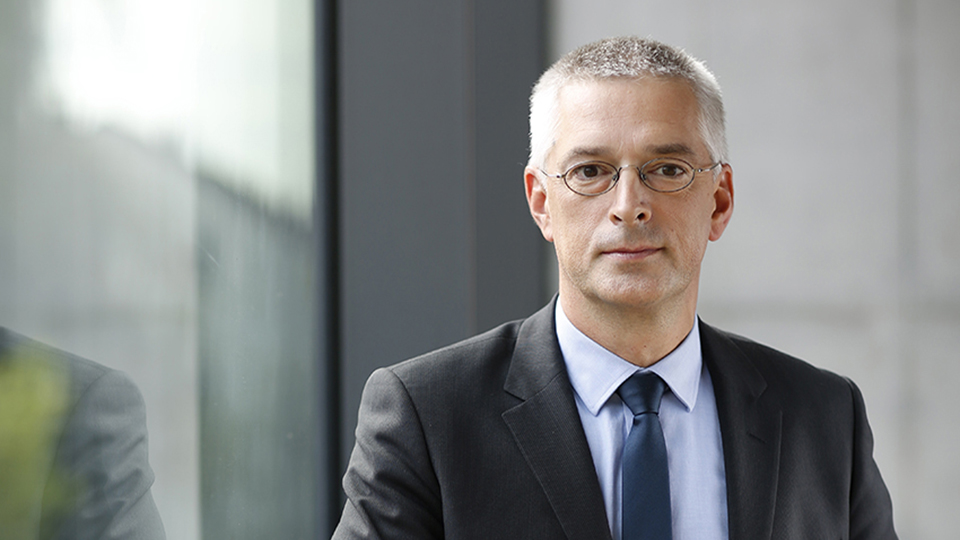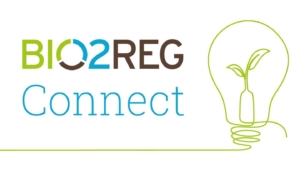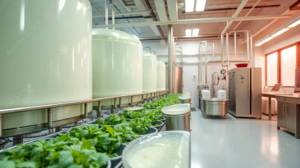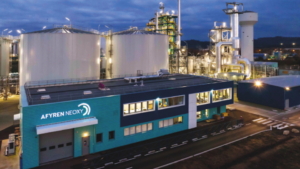
Knowledge-based bioeonomy – reloaded
Biotechnology provides the necessary toolbox, ranging from energy-saving biocatalysts for the chemical industry to climate-friendly production of animal feed and food proteins for more resilience, microbial recovery of rare critical materials, to the production of pharmaceutically active ingredients.
To meet the goals of the European Clean Industrial Deal, we must quickly transform our energy-intensive, fossil industries.cBiotechnology provides the necessary toolbox, ranging from energy-saving biocatalysts for the chemical industry to climate-friendly production of animal feed and food proteins for more resilience, microbial recovery of rare critical materials, to the production of pharmaceutically active ingredients. Biotech applications ensure that we will meet the Sustainable Development Goals of the 2019 EU Bioeconomy Strategy – food security, sustainable use of natural resources, growing independence from fossil resources, and limiting climate change. At the same time, we will strengthen Europe’s competitiveness and create new jobs.
However, why are we not really closer to the “biologisation” of industries? Well, from a global perspective, in the EU we are not the fastest region in the world when it comes to supporting industrial transformation but the USA, with its Inflation Reduction Act, China, with huge investements in fermentation capacity and biotech, Singapore, with its ultra-fast approval of novel foods, and Brazil, with a clear strategy on how to move forward in the bioeconomy.
What we can learn from them is that they significantly support innovators on their way to industrial-scale biomanufacturing. Why is this so important? It is about investment costs in demonstration or production plants (CAPEX). Many biological production processes today are price-competitive with their petrochemical counterparts. This price competitiveness ends at the point where investments in new production plants are needed. CAPEX costs have killed many sustainable business cases. Thus, forward thinking and time-limited strategic financing are needed. As Europe has not yet done so sufficiently, global players and start-ups are leaving Europe, taking advantage of funding opportunities abroad. An IPSEI (Important Project of Common European Interest) could be a tool for funding industrial transformation in the EU. However, we need more common financing tools to limit brain drain and keep value creation in Europe.
In addition, harmonisation of approval processes, such as for proteins from precision fermentation, is necessary in Europe. In Singapore and the USA, companies receive approval four times faster than in the EU, without compromising food safety.
The key is to recognise and implement the economic and sustainability potential that biotechnology offers to both industry and consumers. If we use biotechnology in a smart way, coupling it with new technologies such as AI and machine learning for process monitoring, development, and the prediction of molecular features, Europe will be at the forefront of the bioeconomy value creation. After all, it was in Europe, under the German EU Presidency in 2007, that bioeconomy was launched with the groundbreaking paper “En Route to the Knowledge-Based Bio-Economy.” Let us make the bioeconomy a reality now and here – a Knowledge-Based Bio-Economy – reloaded for Europe and our economy!
Author: Dr Martin Langer, is an Executive VP of BRAIN Biotech AG, and since Jan 2023, he has held the position of Managing Director Bioscience Operations Zwingenberg at BRAIN Biotech. The biochemist has been working for BRAIN Biotech in various positions for 30 years. In 2013, he was appointed Executive Vice President. In 2015, he led the IPO team at BRAIN, ending successfully in February 2016. After growing the business within the BU Industrial BioSolutions for two years, he took over the position of Head of Business Development in 2020.
This article was originally published in European Biotechnology Magazine Spring 2025.


 BIOCOM / aminul788 - Adobe Stock
BIOCOM / aminul788 - Adobe Stock adobe.stock.com - Cathy
adobe.stock.com - Cathy Afyren Group
Afyren Group